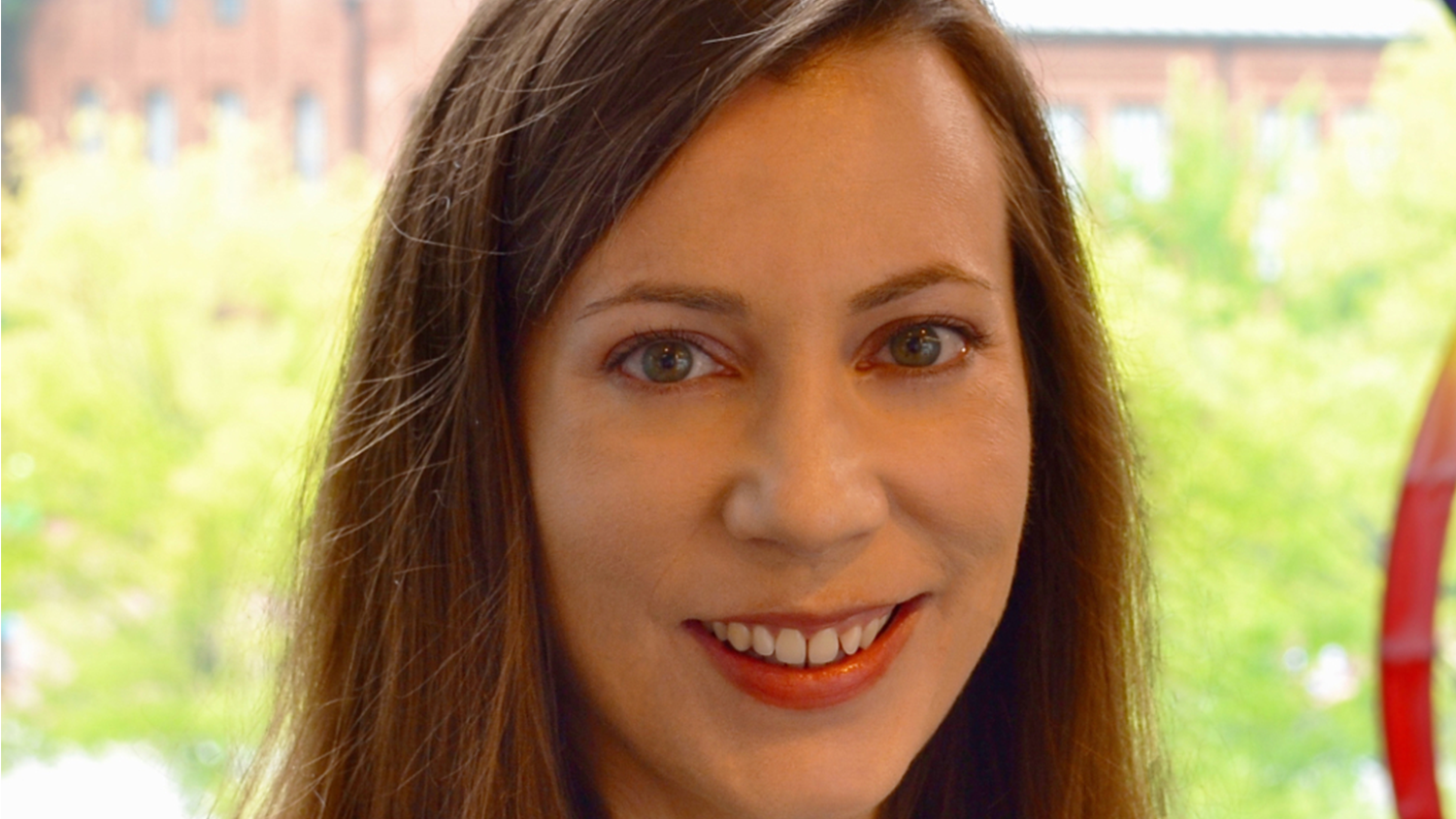Alumni Distinguished Graduate Professor of Higher Education Alyssa Rockenbach to Explore Interpartisan Friendships on College Campuses through National Center for Free Speech and Civic Engagement Fellowship

NC State College of Education Alumni Distinguished Graduate Professor of Higher Education Alyssa Rockenbach has been selected to join the University of California National Center for Free Speech and Civic Engagement 2024-2025 Class of Fellows.
The Fellows program provides opportunities for scholars and practitioners to think deeply about the ways in which happenings on college campuses impact broader society. Scholars in the 2024-2025 class will spend a year examining issues affecting expression and democratic engagement in higher education.
For her fellowship project, Rockenbach will work with Tara Hudson, an associate professor of higher education administration at Kent State University, on “The Promise and Perils of Interpartisan Friendships for Fostering Democratic Learning and Reducing Values-Based Polarization on Campus.”
“I’m so delighted that Dr. Tara Hudson and I have been invited to work together as fellows this year! We have been exploring college student friendships across social differences for many years, and this fellowship gives us the opportunity to take our work in new directions and have in-depth conversations with students who have learned to navigate political differences in their friendships,” Rockenbach said.
The project will explore the stories of college students’ interpartisan friendships and will translate findings into a toolkit that will provide actionable strategies and educational interventions to reduce campus polarization and support democratic learning.
The work will expand upon the Interfaith Diversity Experiences & Attitudes Longitudinal Survey (IDEALS) Project, a five-year study on interfaith engagement on college campuses and the impacts of friendship across different religious and spiritual beliefs.
“This project allows us to generate new data based on interviews with college students who cross lines of political difference in their friendships. We will be collecting the data around the time of the 2024 U.S. presidential election — a critical moment when politics will be especially salient and challenging,” Rockenbach said.
The ultimate goal of this work, Rockenbach said, is to find solutions for educators seeking to address polarization both on college campuses and in broader society with a focus on discovering the conditions and experiences that make relationships across differences possible and sustainable in higher education.
- Categories:


